Ever wondered how the world was before search engines? They serve such an important purpose these days that it is difficult to imagine a time when they did not exist. How did people do assignments back then? Libraries? Boring.
Search engines are like a portal to the internet. They may be vital, but chances are that you are giving away more than you know. If you make use of the giants like Google, Bing, and Yahoo! without a VPN, then you are giving away a lot of your personal data for free. Essentially, your privacy is the price you are made to pay for searching the internet.
Search engines collect your data for a variety of reasons. According to the search engines, the data collected are used to tailor search results to particular users, providing personalized services.
But apart from helping you discover the information you require on the internet, they provide other services – one of which is advertising. This service is targeted directly at different demographics. Essentially, the data they collect informs them on the type of advertisements that they can push to different users.
The collection of these personally identifiable data is called tracking. Trackers employed by these engines gather data like your
- IP information
- Search terms and history
- User agent
- Cookies
All of these can, and are usually sold to advertisement companies for profit. These companies make use of the compiled user behavior they receive to push targeted ads your way. That is why you are bombarded with ads for items you have previously searched for.
The Best Private Search Engines
Thankfully, there are search engines that will allow you to search the web, and more privately too. These alternatives to the major search engines do not compromise your private information.
Private search engines are not all on the same level. While some are not quite as private as they profess to be, others may offer poor usability. This list compiles the best private search engines, based on such metrics as the level of true privacy they offer, user-interface, and the efficiency and functionality they provide.
It is important to note that most private search engines are metasearch engines. This means that they do not generate their own search results. Instead, they gather them from true search engines such as Google or Bing.
Use a private search engine together with a VPN such as NordVPN, and you will not have to worry about your anonymity on the internet.
1. StartPage
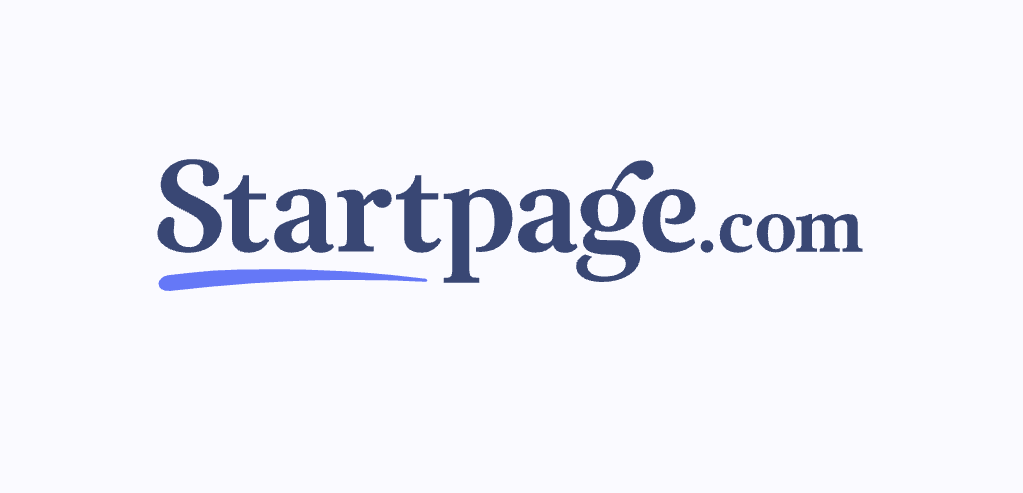
Based in the Netherlands, a country with strong privacy laws, StartPage is essentially the best direct alternative to Google. It is a metasearch engine that makes use of Google results, without the tracking that would otherwise come with it.
Because it does not use trackers to gather user data, there are no partnerships with commercial companies to sell data. No user information is even stored, and it has a strict no-logs policy.
To ensure transparency, their privacy policy underwent rigorous auditing by EuroPrise in 2007/2008. Since then, they have been regularly recertified. Long before any other search engine did, StartPage emphasized deleting user details.
One of my favorite features of StartPage is Anonymous View, a proxy. The privacy offered by a private search engine usually ends as soon as you click on a webpage. Not so with StartPage.
When you click on the Anonymous View link beside a website, you get to navigate the website anonymously. This means that you are shielded from cookies, trackers, and website fingerprinting.
It also offers a URL Generator, which removes the need for setting a cookie.
2. MetaGer
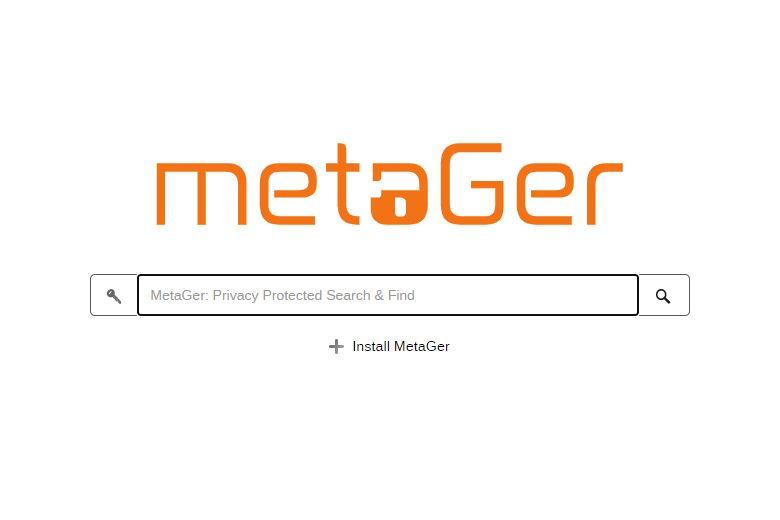
MetaGer is a German-based private search engine. It was created by a non-profit organization called SuMa-eV.
As the name suggests, MetaGer is a metasearch engine, garnering the results it provides from Yahoo!, Bing, Yandex, and several other sources. Additionally, it also has its own web crawlers. Every search result it returns shows the source it was generated from.
Privacy is taken very seriously by MetaGer. It does not track your search queries or make use of cookies. Some logs are kept, like your IP address, but only temporarily. No logs stay on its servers longer than 96 hours. MetaGer is open-source, and so its privacy claims can be independently verified.
Like StartPage, MetaGer operates a proxy for visiting links from the search queries it generates. Choosing that option allows you to navigate pages under the umbrella of privacy, free from cookies and trackers.
To fund its operations, MetaGer sells ads, which of course are not targeted. It also receives donations from its community of users. To enjoy an ad-free experience, users can pay a membership fee.
3. Swisscows
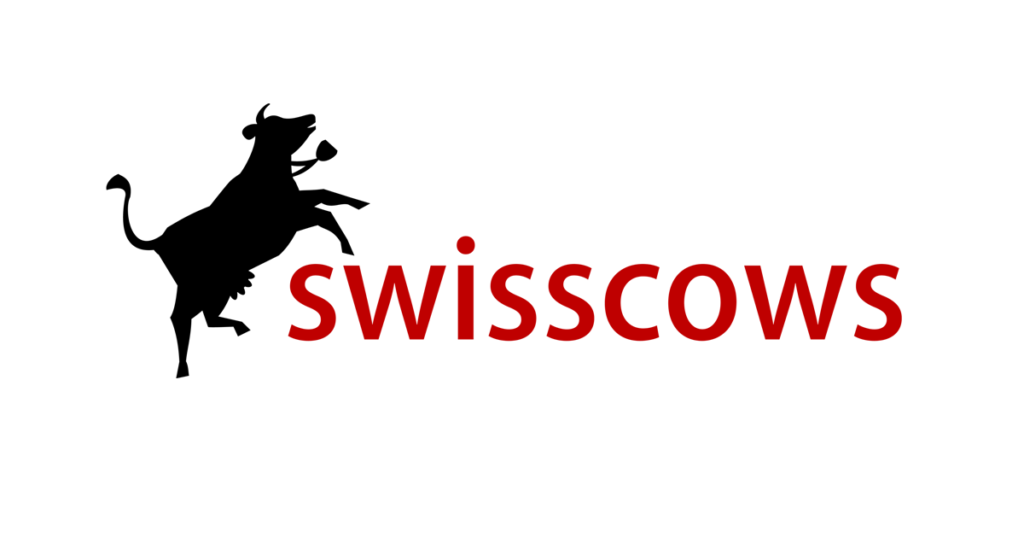
Based in Switzerland, Swisscows is covered by the very strong data protection laws in that country. It pulls most of its results from Bing, as a result of the partnership it has with the Microsoft search engine. Unlike a lot of other metasearch engines though, it uses semantic search, which is extremely accurate and efficient.
In addition, Swisscows employs data visualization techniques to make the presentation of information more tangible. Semantic and statistical analysis visualizes the frequency of keywords occurring.
Swisscows does not take privacy for granted. It operates a strict no-logs policy. No user data, including IP addresses and search information, is stored on its servers. All of its servers are private-owned and managed. They are also all located in Switzerland.
There are handy extra features on offer. Swisscows has a translator that is similar to Google Translate. Users can also filter their search results according to what they are looking for.
Swisscows earns revenue by placing small, non-intrusive ads next to the search results. These ads are non-targeted and do not violate your user privacy.
4. DuckDuckGo

DuckDuckGo has come become quite popular since it was founded in 2008, by Gabriel Weinberg. In fact, it is the most widely known private search engine, hitting an all-time high of 50 million searches a day in October 2019. It is based in the United States.
It is a metasearch engine, and the search results it provides are pulled from hundreds of sources, including Bing, Yahoo!, WolframAlpha, and results generated by its own web crawler, DuckDuckBot. DuckDuckGo is the default search engine in the Tor Browser.
While DuckDuckGo saves searches, it does not do so in a personally identifiable manner, going by its Privacy Policy. According to the document, non-personal search data is used to “improve things like misspellings.”
Additionally, it makes use of your IP address to personalize search results to your location. According to Gabriel Weinberg, this information is not stored by DuckDuckGo, and it does not track you.
You are offered extra features like Bang, shortcuts to search results on sites like Wikipedia or Amazon, without having to visit first. You can also shorten links, generate strong passwords, and see whether websites are down. DuckDuckGo also has extensions on all of the major browsers.
5. Searx
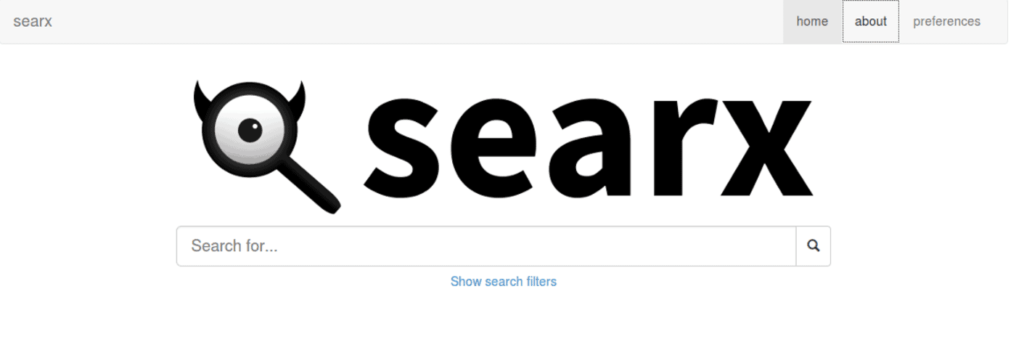
Available under the GNU Affero General Public License version 3, Searx is a metasearch engine with a focus on protecting user privacy. It fetches search results from about 82 websites such as Bing, Google, Yahoo!, Wikipedia, and Reddit. Results are returned untracked, so you stay anonymous.
Searxis an open-source project and non-profit search engine. That means that it does not post ads, targeted or not, like many other search engines. It does accept donations, to fund its operations. Because it does not need to sell user data for profit, Searx does not store them on its servers.
Because it is open-source, anybody with the capability can access and download its code, available on Github. To be clear, downloading and running Searx on Github will result in your search queries not being grouped with those of other users. As a result, there will be less privacy.
Searx also has a proxy that stretches out the privacy cover to websites after you click a link from the results.
6. Qwant

Based in France, Qwant is an alternative to Bing and pulls its results from that side. It does this without adding personally identifiable data to your queries, so your results come back untracked. Qwant also has its own web crawler.
Qwant expresses a strong commitment to not tracking users in its privacy policy. According to the policy, “… that we don’t put any cookie in your browser that may allow us or others to recognize you or to follow you everywhere on the Internet. We don’t use any tracking device (pixel, fingerprinting…). We don’t collect and we don’t store any history or your searches.”
Search results are filtered into different categories, like news, social, images, videos, and shopping. You can also filter your search by date, which can be very convenient.
Qwant gets revenue from ads, which are not generated from any personal data.
7. Mojeek

Mojeek is a search engine based in the United Kingdom. Unlike other private search engines on this list, Mojeek is not a search aggregator and does not pull results from any browser. It uses its own web crawler, which generates its results exclusively.
While this means that it is entirely independent of the giant search engines, it has a downside. Because it has to rely on its own (smaller) resources, the results generated by Mojeek are not as fine-tuned as those by metasearch engines.
It is committed to building a search engine with an independent algorithm and search index. According to CEO Colin Hayhurst, Mojeek plans on reaching a goal of 5.7 billion pages by June 2021. Currently, its index stands at more than 3 billion pages.
Mojeek has a strict no-tracking policy but stores some logs. According to its privacy policy, the logs it stores contain the time of visit, the pages requested, and browser information. This is enough to raise eyebrows, and the policy goes on to say that information from search queries “deemed related to illegal and unethical practices relating to minors” will be handed over if requested.
8. YaCy
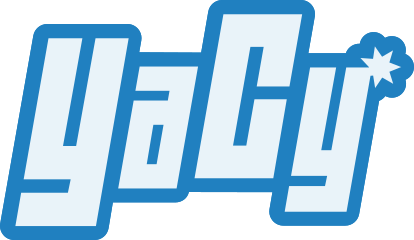
YaCy has been around for about fifteen years now and is an open-source project. It is built on the principles of P2P networks and is completely decentralized.
It has no central authority or servers, and every user owns and operates a node in its decentralized infrastructure. YaCy crawls websites and creates a searchable distributed index which is then shared among other peers. When you make a query, the local index is searched as well as that of other peers in the network.
You can get the latest version of YaCy from the project’s website.
9. Search Encrypt

Search Encrypt employs local encryption to protect your search queries and session. It makes use of Perfect Forwarding Secrecy (PFS) to keep your search behavior and history entirely private.
It combines Secure Sockets Layer encryption and AES 256-bit encryption to provide fully secure end-to-end encryption. After a user is done searching, the encryption key on their search expires, so that even they cannot return to their browser history.
It generates revenue from ads.
